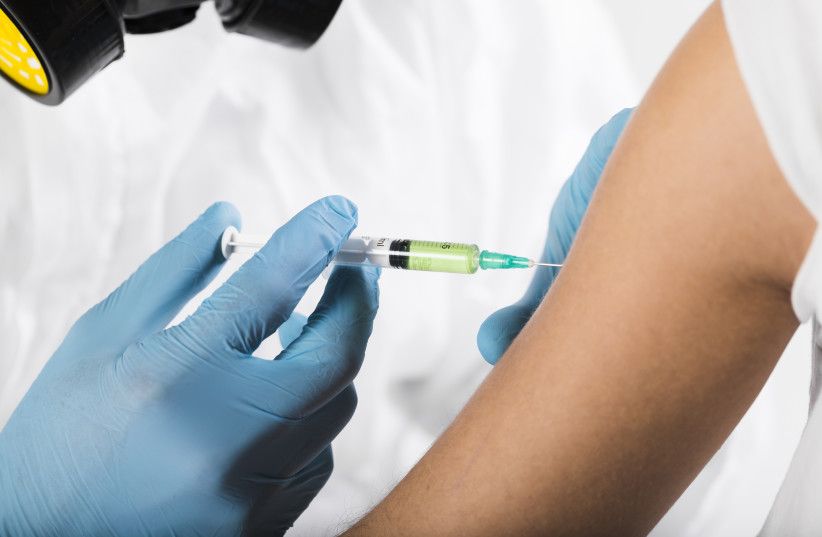An injectable antibiotic developed by a team at The Hebrew University of Jerusalem could have a deep impact not only on treating COVID-19 patients, but also on all those affected by antibiotic-resistant infections.
Prof. Yechezkel Barenholz and Dr. Ahuva Cern with their team at the Laboratory of Membrane and Liposome Research at Hadassah-University Medical Center in Jerusalem have been working on improving the performance of drugs in treating different illnesses, including cancer and infectious diseases, for many years. Their method is based on encapsulating the drugs in particles that can be injected into the body.
“We take well-known and established drugs and encapsulate them in two types of particles, called ‘liposomes’ because they are made of lipids, meaning fats,” Barenholz told The Jerusalem Post. “These particles imitate the human cell because they feature a membrane separating the outer world and the inner world of the unit.”
This way the large lipsomes can be injected locally to target the specific area of the body affected, increasing the efficacy of the cure, he said. If the drug was injected without encapsulating it first, it would just disappear before being able to display its effects.
“Small (nano)-liposomes when injected travel through the blood, and they know how to find the site of the disease,” Barenholz said.
